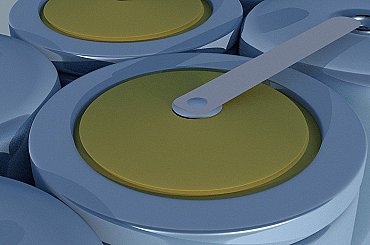US Researchers Are Developing An EV Battery Without ‘Forever Chemicals’
The global demand for lithium-ion batteries is forecast to increase from 700 gigawatt-hours in 2022 to a whopping 4.7 terawatt-hours by 2030, according to Mckinsey & Company. That’s because battery usage is not just growing in electric vehicles, but also in electrical appliances, drones, grid-level energy storage and dozens of other applications. But their dirty secret of using harmful chemicals hasn’t been addressed yet.

You are not logged in
If you want to read more, join the ENERGY-HUB club
LoginTry the monthly membership in the ENERGY-HUB club for free!
Related articles
Network operators call for slowing Germany's grid battery boom
A boom in large-scale battery storage systems is pushing Germany's power grid operators to their limits, with some calling on lawm…
China completes world’s largest vanadium flow battery plant
A giant solar-plus-vanadium flow battery project in Xinjiang has completed construction, marking a milestone in China’s pursuit of…
Spain approves legislation to encourage energy storage and flexibility
The Spanish government has approved legislation to strengthen its electricity system following the major power outage the country…
Dais and Electric Land partner to deploy 4GW of BESS in Germany
BESS developer-operator Dais Energy Ventures and investor Electric Land have announced a joint venture (JV) to develop, build and…
Intersect Power renegotiates BESS offtake deal to mitigate US tariff uncertainty
Intersect Power has become the latest player in the energy storage space to feel the adverse effects of tariff increases and polic…
ENERGY-HUB is a modern independent platformsharing news and analytic articles from the energy sector on a daily basis. Within our portfolio we monitor czech, slovak and foreign press releases.



